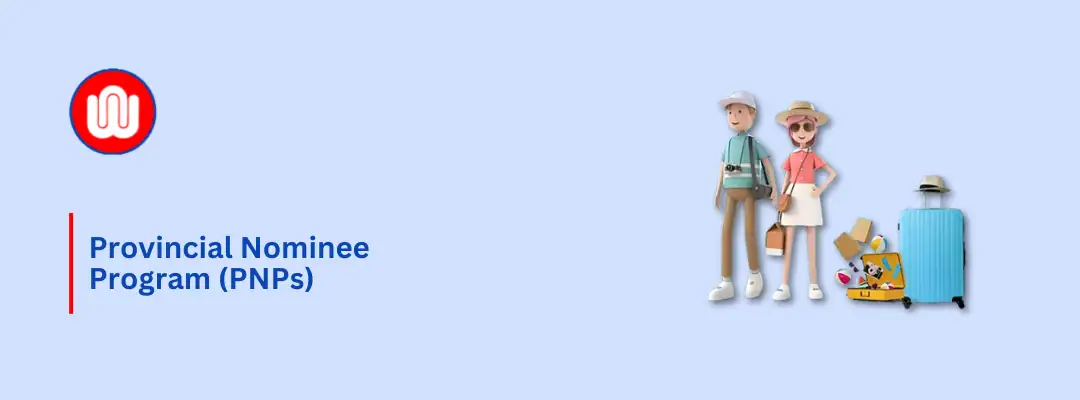Family reunification is one of the largest categories of Canadian Immigration.
Under the Canada Immigration Levels Plan 2024-2026, Spousal, Partner, and Children sponsorship has a target of 82,000 admissions in 2024, and this will rise to 84,000 in each of 2025 and 2026.
Whether you are engaged, married, or in a common-law relationship, Canada offers various programs tailored to couples. Coming into 2024, here are your four best options.
If you're a couple and one of you is living in Canada as a Canadian citizen or permanent resident, the most effective way to make the move is through the Canada Spousal Sponsorship Program. This option allows your partner to sponsor you to become a permanent resident, as long as they meet specific eligibility criteria.
To sponsor a spouse or partner, the sponsor must be:
Spouse:
You are legally married, and if married in Canada, provide a Certificate of Marriage. If married outside Canada, the marriage must be valid in that country and meet Canadian federal law requirements.Common Law Partner:
You have lived together continuously for at least one year.Conjugal Partner:
If circumstances beyond your control prevent you from being common-law partners or spouses, such as legal barriers or immigration restrictions, you may qualify as conjugal partners. Additionally, you must have been in a mutually dependent relationship for at least one year, demonstrating commitment similar to marriage or common-law partnership through emotional ties, intimacy, financial closeness, and efforts to spend time together.Express Entry Program is the federal government's management system for three key economic immigration programs: the Federal Skilled Worker Program (FSWP), the Federal Skilled Trades Program (FSTP), and the Canadian Experience Class (CEC).
If you're a couple who wants to apply for a Canada PR visa through Express Entry, you have two options:
When you include your spouse or partner as a dependent in your application for a Canada PR visa, you, as the primary applicant, need to show enough settlement funds. This demonstrates your ability to financially support both yourself and your dependents in Canada.
However, if your spouse or partner is listed as a dependent, their profile won't affect the calculation of your overall Comprehensive Ranking System (CRS) score. The CRS score is crucial for ranking candidates in Express Entry based on factors like age, education, language skills, and work experience. The highest-scoring candidates get invitations for permanent residence in Express Entry draws.
If your spouse qualifies for Express Entry, they can apply as a secondary applicant. Both partners create their own Express Entry profiles, including each other. This allows you to claim an additional 40 CRS points for your partner's profile when submitting your application.
While this approach still requires proof of funds, it differs because your partner is considered a contributor to the program. It's important to assess which partner has a stronger profile before applying—choosing the one with higher CRS factors, like language proficiency and education, as the main applicant. If your partner's scores are low, it might be better to list them as a dependent.
The Provincial Nominee Program (PNP) is a great option for couples looking to move to Canada. Almost every province and territory has its own PNP to welcome skilled workers.
When applying for the PNP, the partner with the stronger work experience and education should be the main immigration candidate. If that's you, your spouse or partner would be declared as a dependent in the application. Similar to Express Entry, as the main applicant, you'd need to show enough funds to settle in Canada.

Alternatively, if both you and your spouse are eligible, you can each apply separately to immigration programs. When one of you receives an Invitation to Apply (ITA), you can withdraw the other application. This provides flexibility in the process.
Spouses and partners of Canadian citizens or permanent residents can obtain an Open Work Permit while their permanent residence sponsorship application is being processed. This allows them to work for any employer in Canada, supporting themselves and their family financially during the immigration process.
To be eligible for an Open Work Permit, the foreign national must:
Just make sure to research well and maybe get some professional advice to make your journey smoother. If you’re having trouble, seek guidance from the best immigration consultants in Delhi at Nationwide Visas.
Good Luck!
Read More: I’m moving to Canada with my family on a Visitor Visa. How to apply for PR?
Related Posts
Enquire Now
How to Bring your Parents to Canada?
02 Feb, 2023 | 04:57 PM 3683390
Is Canada a Better Place to Live than the UK?
08 Sep, 2022 | 03:50 PM 235835
What's the next step after biometrics for Canada Study Visa?
16 Jun, 2022 | 05:44 PM 209250
Apply for Luxembourg Work Permit from India
22 Nov, 2024 | 04:46 PM 199970
How much funds are required for a Study Visa in Canada?
11 May, 2022 | 11:43 AM 199897
Why Choose an Immigration Consultant for Your Australia PR Journey?
09 Jul, 2025 | 12:44 PM 1600
Top 5 Canada PNP Accepting UAE-Based Applicants
05 Jul, 2025 | 05:35 PM 4587
How to Secure a Canadian Job Offer from the UAE for PNP?
04 Jul, 2025 | 04:56 PM 5265
Common Express Entry Mistakes Made by UAE Residents and How to Avoid Them?
01 Jul, 2025 | 04:19 PM 7565
How to Apply for Ontario PNP from the UAE?
28 Jun, 2025 | 05:29 PM 9013
Stay up to date with latest news
Comments
We welcome your feedback
Your email address will not be published. Required fields are marked *